The Aging Brain: Assessments, Treatments & Interventions for Alzheimer’s Disease & Other Dementias – ROY D. STEINBERG (Digital Seminar)
Description:
Individuals with dementia interact with a variety of professionals including nursing staff, psychologists, counselors, social workers, OTs, PTs, SLPs, home health aides, adult day center staff, and first responders.
But whatever your profession, proper skills and understanding of the disease is needed to work with this population. Without the appropriate training, safety risks grow and opportunities to improve care and quality of life are missed.
This essential training program will provide you with the tools, strategies, and practices you need to best serve patients facing Alzheimer’s disease and other dementias.
In just one day you’ll learn how you can better assess for and differentiate between different types of dementias, overcome the communication issues that can obstruct quality care, work more collaboratively with family and caregivers, maximize daily functioning, and safely and effectively intervene when difficult behaviors arise.
Best of all, upon completion of this training, you’ll be eligible to become an Evergreen Certified Dementia Care Specialist (ECDCS) through Evergreen Certifications, letting colleagues, employers, and caregivers know that you’ve invested the extra time and effort necessary to understand the complexities of the disease, build essential skills, and employ safe and effective best practices to provide quality care.
Purchase today! You can’t afford to miss out on this chance to get the skills, tactics, and knowledge you need to provide the best care possible for these patients!
Outline:
Mental Health Evaluation
- Depression
- Anxiety
- Alcohol Abuse
Cognitive Disorder and “Forgetfulness”
- Transient Cognitive Decline
- Pre-cursor to dementia
- Mild Neuro-Cognitive Disorder
Diagnostics of Dementing Conditions
- Alzheimer’s
- Vascular
- Parkinson’s
- Lewy Body
- Frontotemporal
- Reversible Conditions
Cognitive Assessment Tools
- Mini-Mental State Examination
- SLUMS
- Clinical applications
- Administration and scoring
- Objective and subjective interpretation
- Therapy modalities
Differentiate Dementia and Depression
- Clinical indicators of depression and anxiety
- Practical application
Psychopharmacology
- Early and Mid-stage Alzheimer’s – Acetylcholinesterase Inhibitors
- Mid and Late-stage Alzheimer’s – Neurotransmitter Glutamate
- Alternate interventions
Behavioral Interventions
- Intervention strategies for depression, poor appetite, verbal and physical combativeness, refusing ADL care
- Strategies for coping mechanisms for the caregiver and clinician
Working with Caregivers at Home
- Caregiver guilt
- Depression
Ethics
- Responsibility to patient
- Reporting abuse
- Power of Attorney
- Documentation
NLP online course
So what is NLP?
Firstly, NLP stands for Neuro-Linguistic Programming. Secondly neuro refers to your neurology;
Thirdly linguistic refers to language however, programming refers to how that neural language functions.
As a result,In other words, learning NLP is like learning the language of your own mind!
Moreover, NLP is the study of excellent communication–both with yourself, and with others.
It was developed by modeling excellent communicators and therapists who got results with their clients.
NLP is a set of tools and techniques, but it is so much more than that.
In conclusion, It is an attitude and a methodology of knowing how to achieve your goals and get results.
Preview Information:
Original Page
Archive Page


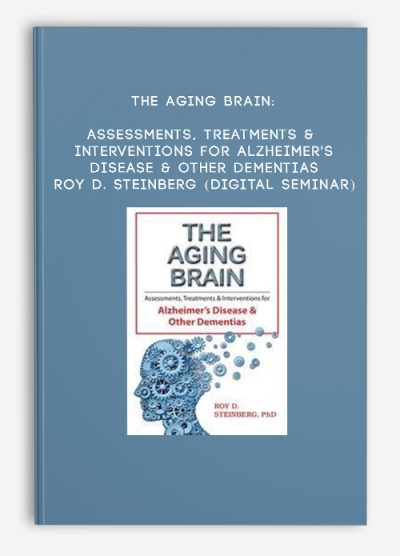
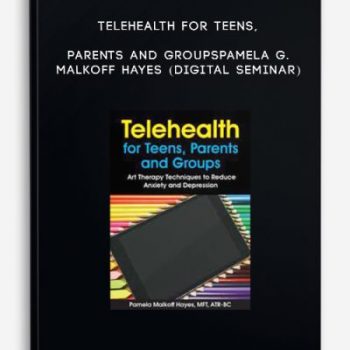
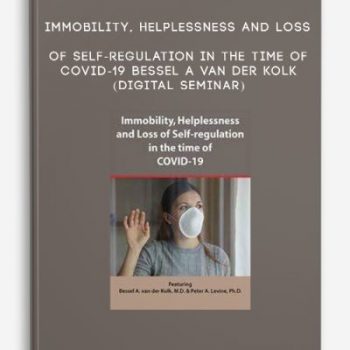
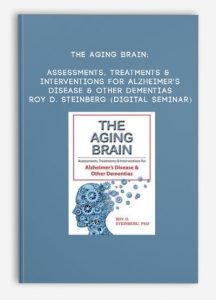

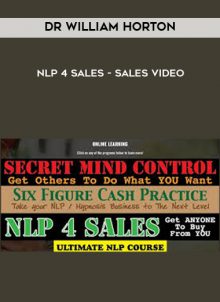

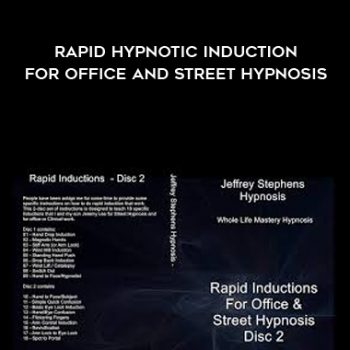

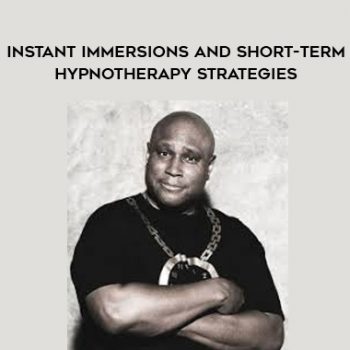


Lord –
This is Digital Download service, the course is available at Vincourse.com and Email download delivery.